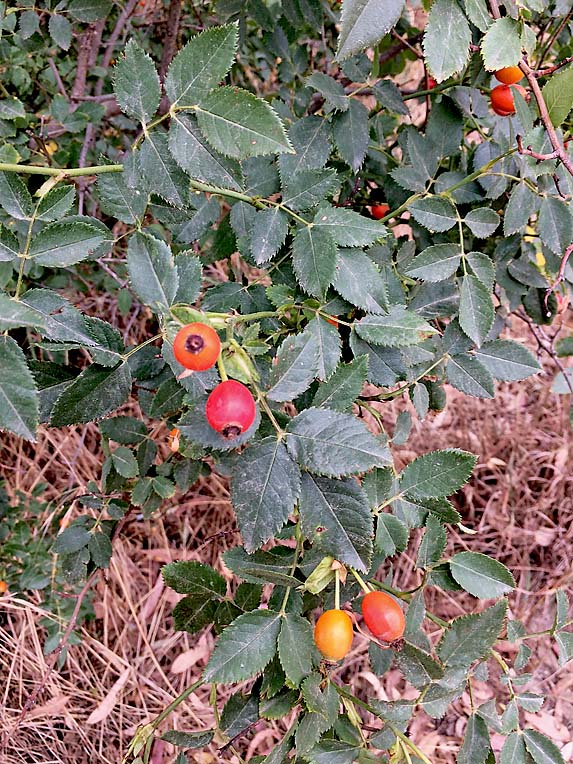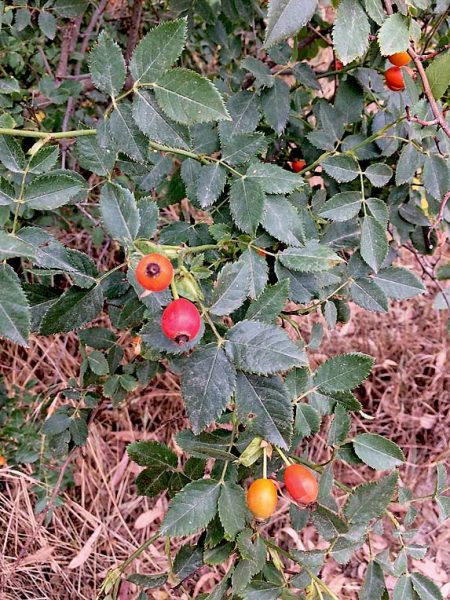

PROVING useful in the past for their high Vitamin C content, dog rose (Rosa canina) and sweet briar (Rosa rubiginosa) are not as relevant in today’s local landscape and have emerged as a serious environmental weed in the South East.
The South East Natural Resources Management Board is encouraging landholders to be on the lookout and take action against the plant.
Natural Resources management officer Michelle Sargent said although the plant could be found across different landscape types, early identification and treatment could contain the spread.
“Dog rose and sweet briar are extremely similar plants although we treat the two as ‘wild rose’ with comparable methods of control,” she said.
“There are a few effective methods of controlling wild rose, including manual cut and swab, herbicide spray and mechanical removal.
“For younger plants, grazing management on property can also be useful in controlling seedlings, preventing establishment.”
In its native Europe, wild rose is used as a hedge plant.
Locally, the woody perennial shrub can invade bush land and roadsides, out-competing native vegetation.
“It is important to get on top of infestations especially on roadsides,” Ms Sargent said.
“Wild rose plants displace native vegetation and provide shelter for rabbits and foxes which are priority pests in the region.”
Both species are declared weeds under the Natural Resources Management Act 2004, requiring control on property.
The South East NRM Board can also recover the cost of controlling roadside pest plants and pest animals from adjoining landholders.
“We encourage landholders to take action, checking with local council first to ensure compliance for local regulations,” Ms Sargent said.
“The PIRSA weed control handbook and app are a great resource to help with identification and you can always contact a Natural Resources Management officer for targeted information and advice.”







